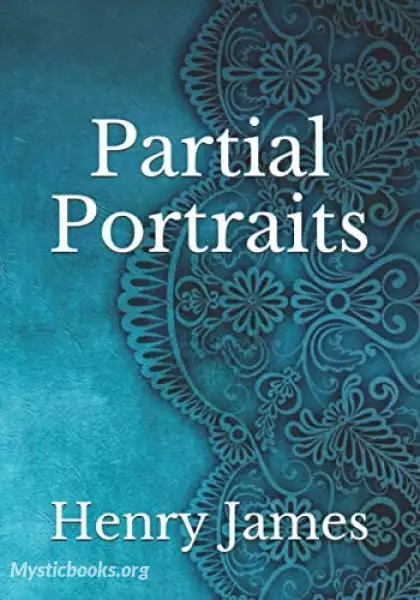
Partial Portraits
by Henry James
'Partial Portraits' Summary
The Art of Fiction was a response to remarks by English critic Walter Besant, who wrote an article that literally attempted to lay down the "laws of fiction." For instance, Besant insisted that novelists should confine themselves to their own experience: "A young lady brought up in a quiet country village should avoid descriptions of garrison life." James argued that a sufficiently alert novelist could catch knowledge from everywhere and use it to good purpose: "The young lady living in a village has only to be a damsel upon whom nothing is lost to make it quite unfair (as it seems to me) to declare to her that she shall have nothing to say about the military. Greater miracles have been seen than that, imagination assisting, she should speak the truth about some of these gentlemen."
James continually argues for the fullest freedom in the novelist's choice of subject and method of treatment: "The only obligation to which in advance we may hold a novel, without incurring the accusation of being arbitrary, is that it be interesting." In particular, James is suspicious of restraining fiction with specific moral guidelines: "No good novel will ever proceed from a superficial mind; that seems to me an axiom which, for the artist in fiction, will cover all needful moral ground."
James followed his own advice in criticizing the various writers included in Partial Portraits. In his long, engrossing essay on Maupassant, for instance, he couldn't help noticing the Frenchman's propensity for what James called the "monkeys' cage" view of human existence. But that didn't stop James from approving wholeheartedly of Maupassant's vigour, precision and conciseness in describing life as he saw it.
Similarly, James found much to appreciate in the intellectual force of George Eliot, the stolid but comprehensive detail-work of Anthony Trollope, the unbounded imagination of Robert Louis Stevenson, and the genial common sense of Alphonse Daudet. All very different writers, but all speak with validity from their personal view on life. This wide range presages the "house of fiction" image James would include in the New York Edition preface to The Portrait of a Lady, where each novelist looks at life from a particular window of the house and thus composes a unique and personally characteristic account.
Book Details
Language
EnglishOriginal Language
EnglishPublished In
1888Genre/Category
Tags/Keywords
Authors
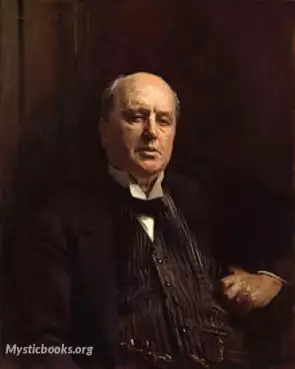
Henry James
America, Britain
Henry James was born in New York City on April 15, 1843, into a wealthy and intellectually stimulating family. His father, Henry James Sr., was a Swedenborgian philosopher and his mother, Mary Roberts...
Books by Henry JamesDownload eBooks
Listen/Download Audiobook
- Select Speed
Related books

Little Journeys to the Homes of Eminent Painters by Elbert Hubbard
It takes readers on a journey through time and space, offering a glimpse into the homes and lives of these painters. The writing is vivid and descript...

De Rerum Natura by Titus Lucretius Carus
De Rerum Natura is an exposition of Epicurus' atomic theory and the ethical tenets based upon it. Lucretius, the author, draws upon this materialist p...
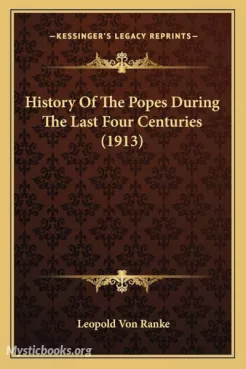
The History of the Popes During the Last Four Centuries, Volume 1 by Leopold von Ranke
Dive into the corridors of power and the whispers of intrigue with "The History of the Popes During the Last Four Centuries, Volume 1" by Leopold von...

Aesop's Fables, Volume 05 (Fables 101-125) by Aesop
Dating back to the 6th century BC, Aesop's Fables tell universal truths through the use of simple allegories that are easily understood. Though almost...
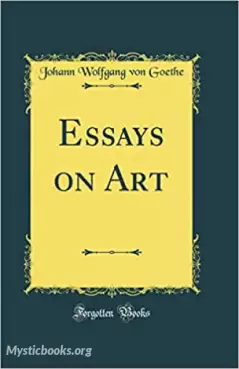
Essays on Art by Johann Wolfgang von Goethe
Essays on art, letters, thoughts, aphorisms - Goethe's thoughts were dealing with artworks of every branch of arts. He addressed many aspects of the a...
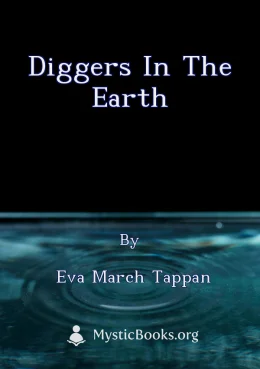
Diggers in the Earth by Eva March Tappan
This captivating book delves into the profound influence thoughts can have on children's lives. Written by Eva March Tappan, it presents a journey of...

Selected Poems by Elizabeth Barrett Browning
This collection of poems by Elizabeth Barrett Browning showcases her remarkable talent and the range of her poetic voice. From passionate love sonnets...
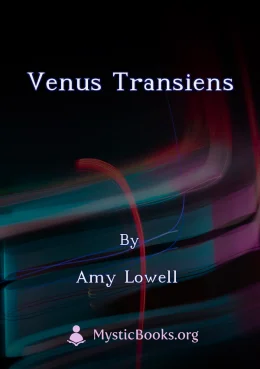
Venus Transiens by Amy Lowell
LibriVox volunteers bring you 18 different recordings of Venus Transiens by Amy Lowell. This was the weekly poetry project for the week of February 10...

Handbüchlein der stoischen Moral by Epictetus
Encheiridion, stoische Regeln für ein zufriedenes Leben. Knapp und ausgezeichnet. Geschrieben von Epiktet (ca. 50-138). Übersetzung durch Carl Conz vo...
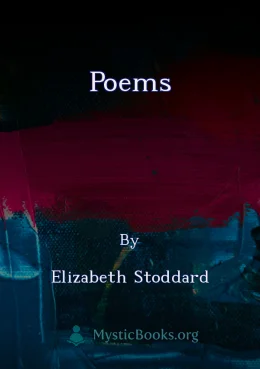
Poems by Elizabeth Stoddard
Elizabeth Stoddard's poetry explores the yearning for freedom and an idealized life, free from societal constraints. Her verses convey a sense of ent...
Reviews for Partial Portraits
No reviews posted or approved, yet...